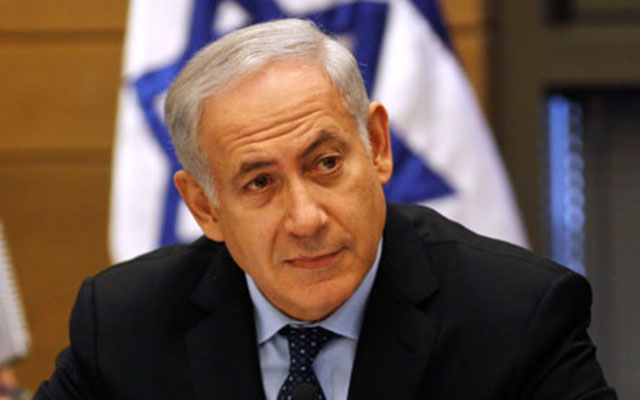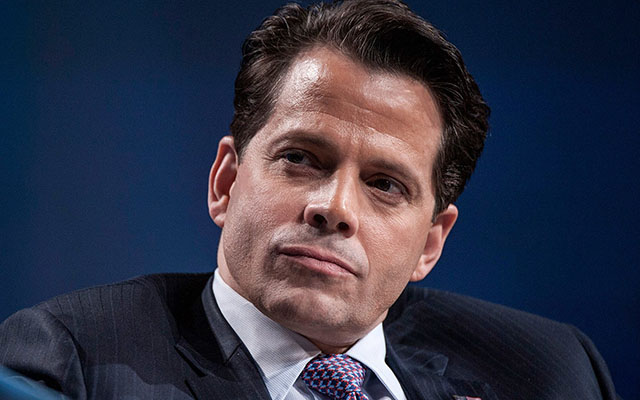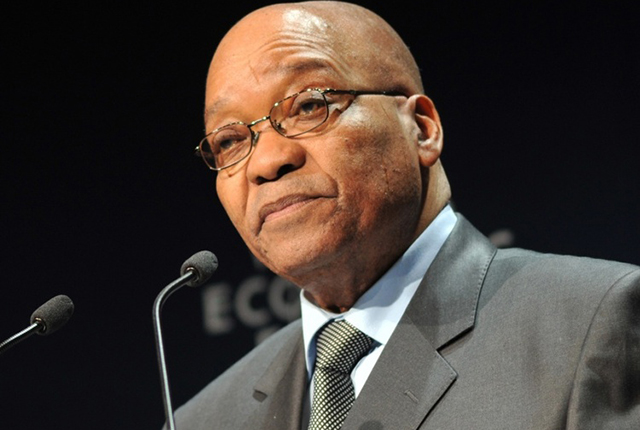International efforts underway to ease Al-Aqsa Mosque tensions

JERUSALEM. – Tensions over the local Al-Aqsa Mosque further escalated on Sunday, gradually turning into a regional crisis endangering the fragile balance of power.
Observers said Israel would not risk irritating the whole Arab world as it had enjoyed a relatively peaceful environment after years of strained relations with regional countries that had become involved in the Syrian war.
The latest wave of violence broke out on July 14 when Israel installed checkpoints and metal detectors at the entrance of the Al-Aqsa Mosque compound after three Israeli Arab men shot dead two Israeli policemen near the holy site.
Israel said the installment of detectors was a necessary measure to prevent more attacks. The Arab world alleged that Israel was trying to expand its control over the Muslim-administrated site, which sparked deadly attacks.
In clashes during a massive protest on Friday, Israeli security forces killed three Palestinians and injured hundreds of others. In retaliation, a 20-year-old Palestinian entered a family home in the settlement of Halamish on Friday night, stabbing a father, his daughter and his son to death before he was shot and injured by a neighbour.
The knife attack was condemned by Israeli Prime Minister Benjamin Netanyahu. On Friday, demonstrations across Jordan, one of the two Arab countries that have diplomatic relations with Israel, broke out with thousands of people calling for severing ties with Israel.
The anger triggered a shooting incident on Sunday at the Israeli Embassy compound in Amman, Jordan’s capital, which has left two Jordanians dead and one Israeli wounded.
On Sunday, the Israeli government installed cameras around the Al-Aqsa Mosque as an additional security measure.
“The Temple Mount has become not only a religious symbol but a national religious symbol, as it is now used as a resource for politicians and the public to promote the struggle and the conflict between the two sides,” said Ronni Shaked, head of the Middle East Studies Department of the Truman Institute at the Hebrew University in Jerusalem.
“The Palestinians feel they are on the losing side throughout the years. They feel that the last stronghold is the Al-Aqsa Mosque which they feel has been given to them as a deposit by the Muslim world in order to defend it from a Jewish invasion,” he said.
“This conflict has been going on for a long time. Its religious aspect makes it easier to gather the public’s support for the struggle,” he added.
The United Nations Security Council will hold an urgent closed-door meeting on Monday morning to discuss the violence unfolding in Jerusalem, according to the UN mission of China, president of the Security Council for July.
In a statement released on Saturday, the Middle East Quartet — Russia, the United States, the European Union and the United Nations — expressed concern over the escalating tension.
US President Donald Trump has sent his special envoy Jason Greenblatt to Israel to support efforts to reduce the tensions in the region.
In the past week, the White House has been trying to prevent an escalation, as it had been busy healing a breach in its Middle East coalition after Saudi Arabia severed ties with Qatar last month.
Observers said the last thing Trump expected was clashes between his most important allies, Israel and the Sunni Arab countries, amid the intense power struggle with Russia and Iran in Syria.
The Arab League has postponed an emergency meeting of its foreign ministers over the Al-Aqsa Mosque crisis to Thursday to guarantee the largest attendance.
The Cairo-based organisation has repeatedly condemned the Israeli practices at Al-Aqsa Mosque as a blatant breach of the right to worship and a violation of relevant international laws and UN resolutions, saying Israel was “playing with fire”.
The Al-Aqsa Mosque compound, revered by Jews as the Temple Mount, is the third holiest site in Islam and the holiest site for Jews. It has been a flashpoint site of the Israeli-Palestinian conflict in the past decades since the 1967 Israeli occupation of East Jerusalem.
The Palestinians seek to establish an independent state with East Jerusalem as its capital city in the light of the UN-proposed two-state solution based on the pre-1967 borders. – Xinhua









Comments